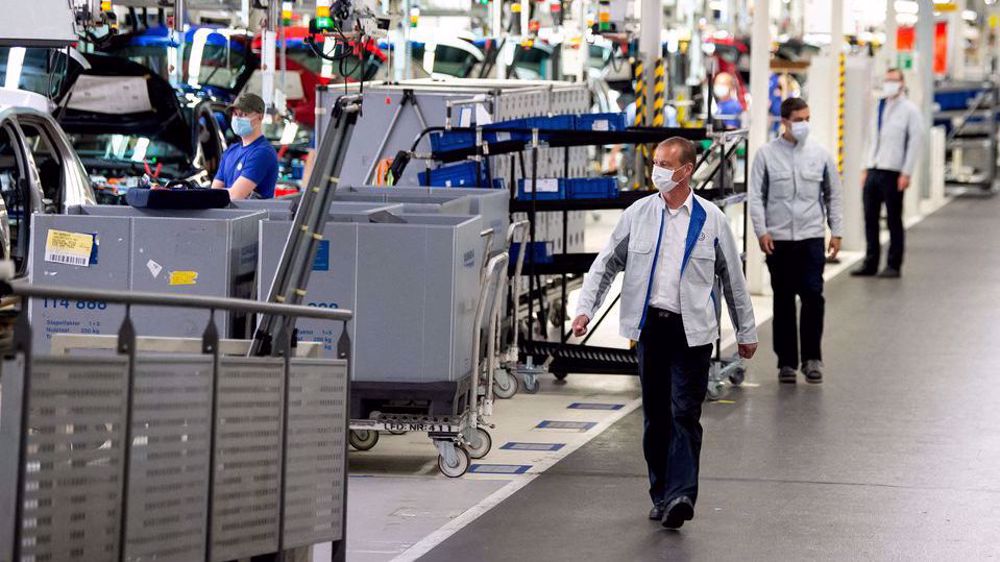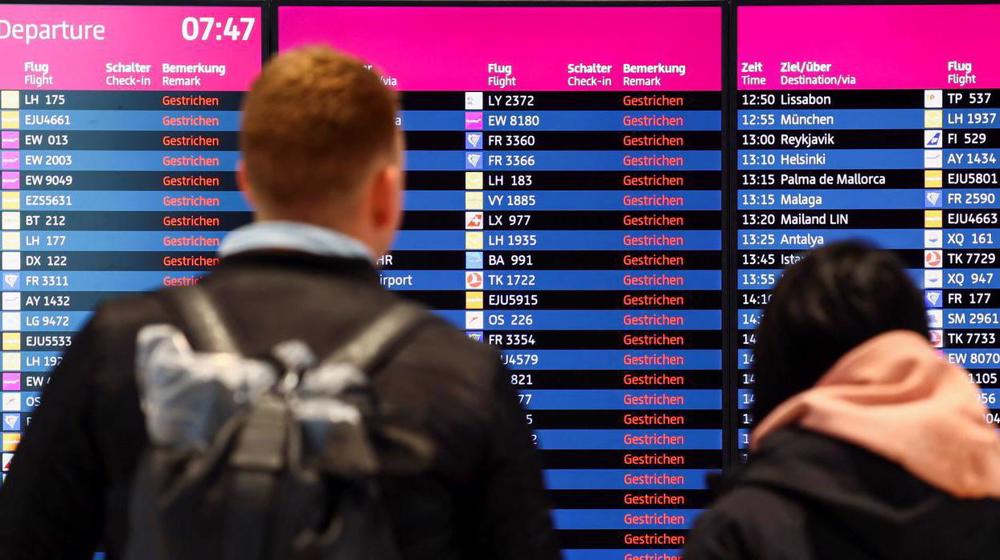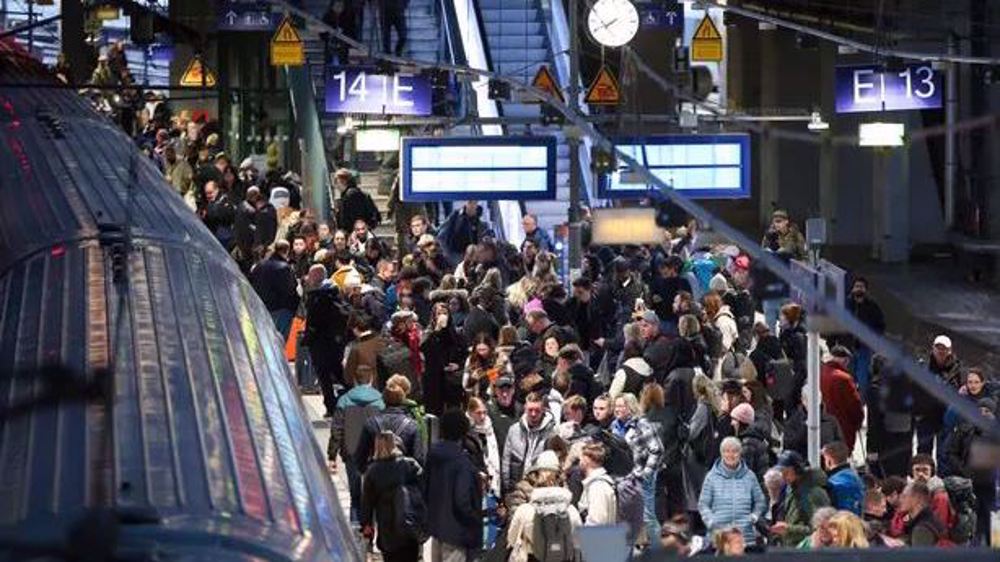Fears of recession in Europe's biggest economy rise as factory orders drop
New orders at German factories have registered the biggest plummet since the covid-19 pandemic outbreak in 2020, according to the latest data which has raised fears that Europe's biggest economy might slip into recession.
Demand for new orders declined by 10.7% on a seasonally and calendar-adjusted basis in March 2023 compared with February 2023, according to provisional results of the federal statistical office (Destatis), amounting to the biggest decline since April 2020, when the Coronavirus pandemic shackled global economies.
The fall was far steeper than the 2.8 percent decline forecast by analysts surveyed by the financial data firm FactSet, and was particularly pronounced in the car and car parts industry.
The decline was reported across most areas of the manufacturing sector, Destatis said, with foreign orders dropping by 13.3 percent and domestic orders by 6.8 percent.
“The negative trend of new orders is visible in most economic sectors in manufacturing,” the statistics report read.
According to provisional figures, real turnover in manufacturing (seasonally and calendar adjusted) had also decreased by 2.9% in March 2023 compared to February 2023.
Over the recent months, the German economy had seen orders rising, which had built up hopes for the European nation that it was reversing from the adverse effects of the Ukrainian conflict and Europe’s energy crisis.
But the latest figures came as a caution for the German economy, as fears for recession have risen.
Landesbank Baden-Württemberg (LBBW) bank economist Jens-Oliver Niklasch calls the plunge a warning for investors.
"This figure destroys what had been a good start to the year for German industry, and is a real recession signal," he said in a research note.
On the other hand, in a bid to calm down inflation, the European Central Bank on Thursday raised its benchmark interest rates further, making it even harder for companies to afford loans.
Meanwhile, in France, production fell 1.1 percent in March, reversing a rebound of 1.4 percent the previous month, statistics office INSEE said.
Weak consumer spending in France, which is the main driver of France’s economy, has led to slow-paced GDP growth.
The French government has predicted that this year’s GDP growth would depreciate to one percent, compared to last year’s 2.6 percent.
US will pull out military personnel from Niger: Report
US sanctions on Venezuelan oil ‘violation of human rights’: Iran
VIDEO | Hundreds of students take to streets in Milan in support of Palestine
UN warns hundreds of thousands of Sudanese under ‘immediate danger’
Iraqi resistance strikes ‘vital’ target in Eilat after Israel attacks PMU base
North Korea conducts cruise missile warhead test: State media
Israeli airstrike kills at least 7 people in Rafah
VIDEO | Iranians hold nationwide demos in support of IRGC















 This makes it easy to access the Press TV website
This makes it easy to access the Press TV website